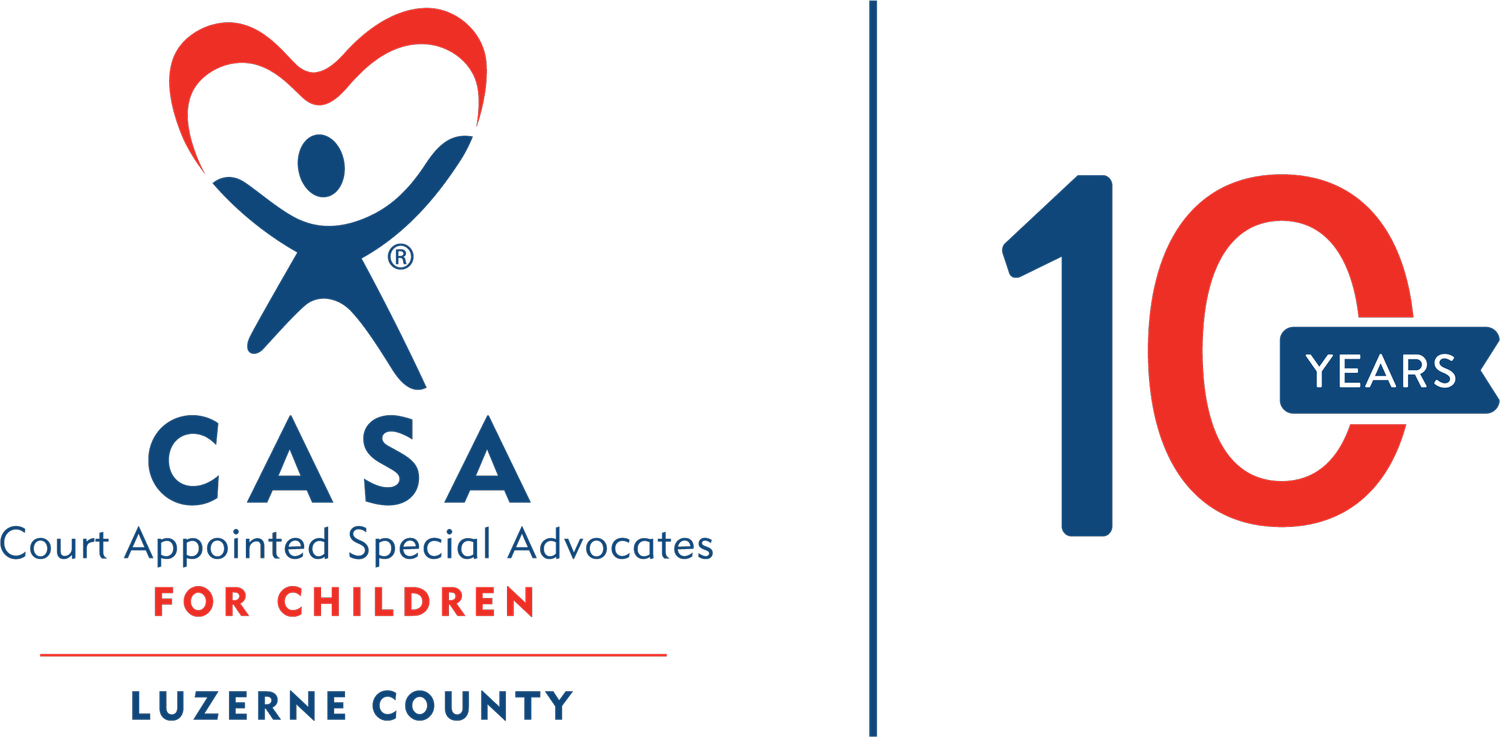In a perfect world, the words “child traumatic stress” would not be used together in a sentence.
Unfortunately we know that, for a lot of children, trauma and stress are normal, everyday occurrences.
So what’s the difference between regular stress and traumatic stress?
While normal stressors often center on regular activities (work, school, relationships), traumatic stressors are more dramatic and far-reaching.
According to The National Child Traumatic Stress Network, child traumatic stress “occurs when a child experiences an intense event that threatens or causes harm to his or her emotional and physical wellbeing.”
These events could be anything from physical and mental abuse to illness, neglect, violence and death. The child also doesn’t have to be a direct victim. Sometimes they are the witness.
Regular exposure to stress of this kind can have lasting physical and mental impacts. The child’s stress response system becomes activated, which increases cortisol and increases heart rate and blood pressure. Prolonged activation of that stress system can lead to depression, drug abuse, cardiovascular disease, diabetes, stroke, immunology, and inflammation patterns.
So how can you help?
Research shows that having a relationship with at least one stable, supportive adult is key in building resilience in children. That adult can act as a buffer, helping to lower the reactions of a child’s stress response system.
That caring, consistent adult can also teach the child coping mechanisms to help them heal from the trauma.
There are many ways to become “that adult” for a child who has suffered this kind of abuse and neglect. One of them is to be a CASA.
As a court appointed special advocate, you are trained and supported in the work you do. Each advocate is assigned one case at a time, and works directly with a staff coordinator who is there for assistance and encouragement.
A CASA celebrates, comforts, collaborates, listens, and inspires the children they work with. Changing Minds’ research shows that those five gestures are essential in making a positive change for a child.
There are 470 abused and neglected children in Luzerne County who need help. CASA’s mission is to make sure that each one of those children are safe, secure, and given the ability to thrive in a permanent home by giving each of those children an advocate who will stand up for them.
If you’re ready to do that for a child who needs you, please reach out to us. Our training class is scheduled to begin this fall and we’d love for you to be part of it.




